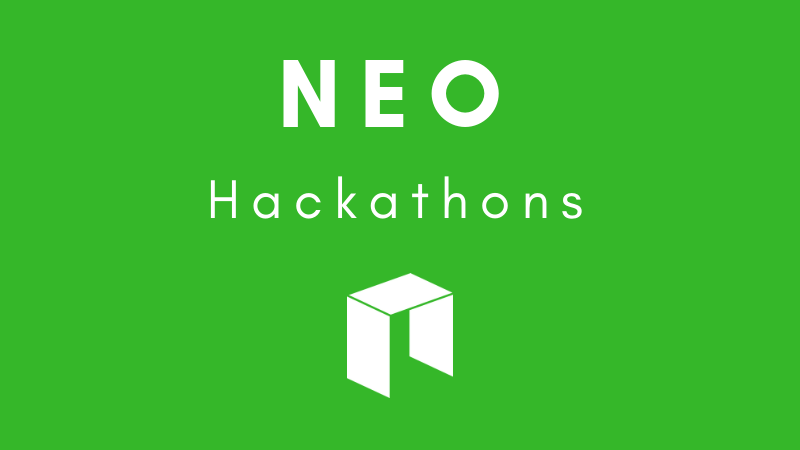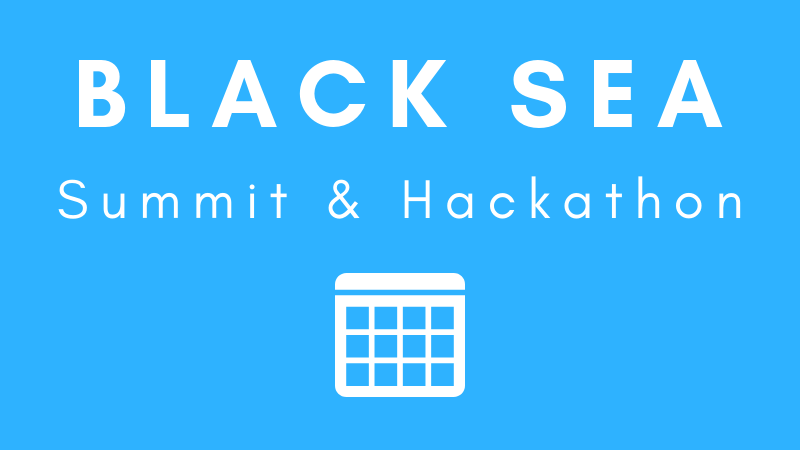
NEO Global Development (NGD) recently announced a hackathon tour across three European countries at the end of October and beginning of November. The hackathons will take place in Rotterdam and Delft in the Netherlands, Berlin in Germany, and Zurich in Switzerland. Each event will have its own unique theme, which is centered around specific development challenges.
A total prize pool of 1,500 NEO and 4,050 GAS will be distributed across the three events (Approx. US$50,000 at time of writing). NGD hopes this announcement will incentivize developers to begin brainstorming, organizing teams, and to practice coding in preparation for the hackathons.
Additionally, NGD recommends interested participants join the NEO Discord Channel to communicate and coordinate with prospective teammates.
Rotterdam and Delft
The Netherlands – October 20th and 21st
The hackathon event to take place in the Netherlands will be focused on decentralized application (dApp) development using the Golang (Go) programming language. The event organizers include NGD, the Delft University of Technology, and KPN, a Dutch telecommunication company who is currently hosting a NEO consensus node on TestNet.
The event will be take place over two days and two locations. On Saturday, October 20th, the hackathon will be held at the KPN Head Office in Rotterdam. Teams will provided the opportunity to register, and will participate in a workshop on writing NEO smart contracts in Golang. Teams will start the development sprint at 11:00am, and present their deliverables at 10:00pm.
On Sunday, October 21st, the event will move to the Delft University of Technology. The final sprint will begin at 10:00am, and project presentations will be made at 2:00pm. The winning projects will be announced at 4:00pm.
Attendance will be limited to 50 to 100 developers, business, and design professionals.
Full event information can be found here.
Berlin
Germany – October 27th and 28th
The hackathon event to take place in Berlin will be focused on improving the non fungible token (NFT) standards in different application scenarios. Teams are encouraged to look beyond NFTs in NEO-based games as use cases. The event organizers include NGD and DLT Camp.
On Saturday, October 27th, NGD will provide a keynote speech at 9:00am, and teams will meet and prepare for the sprint, which starts at 11:00am. Teams will present deliverables at 10:00 pm.
On Sunday, October 28th, the final sprint will begin at 10:00am, and team presentations scheduled to begin at 3:00pm. Each team will be allotted 10 minutes to make their presentations. Awards will be announced at 6:30 pm.
On both days, the events will take place at Noize Fabrik in Berlin, Germany.
Full event information can be found here.
Zürich
Switzerland – November 3rd and 4th
The hackathon event to take place in Zürich, Switzerland will be a 32-hour sprint to develop a project based around a theme to be announced on the first day of the event. The event organizers include NGD and Swisscom Blockchain AG.
On Saturday, November 3rd, registration will begin at 8:30am, an overview of the rules at 9:00am, and the sprint to begin at 10:00am.
On Sunday, November 4th, project deliverables are due at 6:00pm, and presentations will begin at 6:30pm. Awards will be announced at 9:00pm.
The venue is still to be determined.
Full event information can be found here.
Prizes, Rules, and Judging
Prizes will be given to the top five teams, as well as a “mystery prize” that will be dependent upon the caliber of work submitted by participants. Prizes for each hackathon are as follows:
- First Place: 500 NEO (1 team)
- Second Place: 450 GAS (1 team)
- Third Place: 300 GAS (3 teams)
- Mystery Prize: Dependent on work submitted
Each of the hackathons will follow a set of 12 rules, outlining team eligibility and code of conduct and MIT licensing requirements. All 12 rules can be found in the corresponding links for the hackathon events.
Five judging factors will also remain consistent among the European hackathons for scoring purposes. Judging will be based on a projects:
- Functionality
- Ease of Use
- Stability
- Website Performance, and
- Interface Design







About The Author: Dylan Grabowski
Dylan is a reformed urban planner with a passion for covering the Neo ecosystem. His objective as a writer for Neo News Today is to report news in an objective, fact-based, non-sensational manner. When not behind a computer screen, he can be found in the mountains rock climbing. Find Dylan on Twitter (@GrabowskiDylan).
More posts by Dylan Grabowski